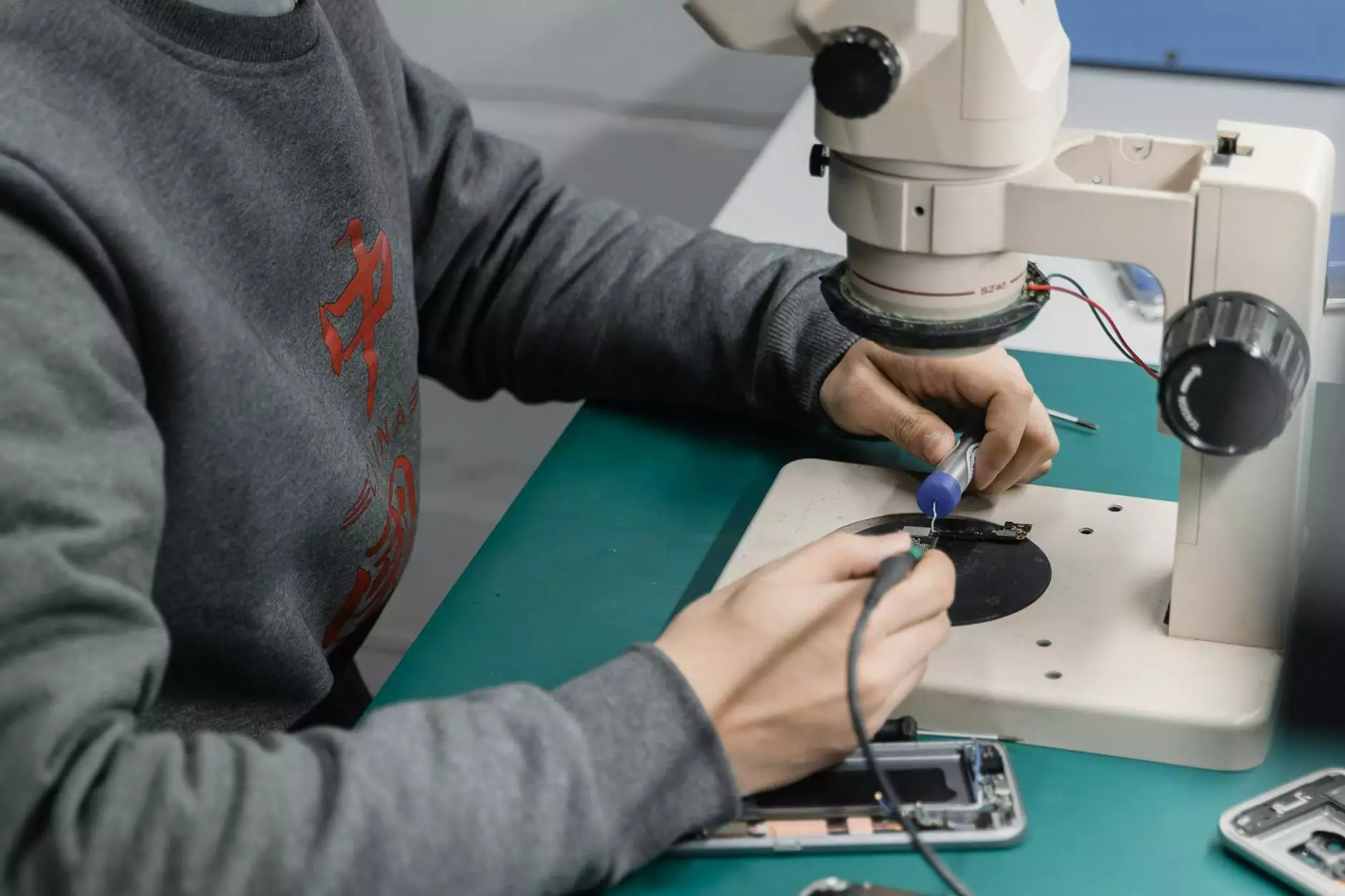Exploring Prop Firm Trading Futures: A Comprehensive Guide

In today's fast-paced financial markets, prop firm trading futures has emerged as a popular avenue for traders seeking to maximize their potential profits. Understanding the intricacies of this domain can significantly enhance your trading strategies and outcomes. In this article, we will delve deep into what prop firms are, how they operate in the futures market, and the immense benefits they offer to aspiring traders.
What is Proprietary Trading?
Proprietary trading, or prop trading, involves financial firms trading financial instruments, including stocks, bonds, currencies, and futures, using their own capital rather than on behalf of clients. The cornerstone of a prop firm's model is to leverage its own resources to generate profits. This is fundamentally different from traditional trading, where brokers buy and sell securities on behalf of clients.
The Role of Futures in Proprietary Trading
Futures are agreements to buy or sell an asset at a predetermined price at a specified time in the future. These contracts play a crucial role in the world of prop trading, allowing firms to hedge risks while also providing opportunities for profit. The prop firm trading futures allows traders to tap into the volatility of the markets, making futures an attractive tool for experienced traders seeking a blend of risk and reward.
Types of Futures Contracts
- Commodity Futures: These contracts involve raw materials such as oil, gold, or agricultural products.
- Financial Futures: These include contracts based on financial instruments, such as stock indices and interest rates.
- Currency Futures: Contracts that allow traders to exchange currencies at a future date at a specified rate.
- Index Futures: These are based on market indices, enabling traders to speculate on the future value of a specific index.
How Prop Firms Operate in Futures Trading
Prop firms typically employ talented traders who demonstrate strong market acumen and effective trading strategies. Here’s how they generally operate:
Capital Provision
Prop firms provide their traders with significant capital to trade. This allows traders to execute larger positions than they might be able to afford independently, therefore greatly multiplying their profit potential. In return, the firms take a percentage of the profits generated by their traders, creating a win-win situation.
Risk Management
Effective risk management is paramount in prop firm trading futures. Firms implement strict risk parameters, ensuring that traders manage their trades wisely. This often involves setting limits on the maximum loss per trade, daily loss limits, and overall exposure to different market instruments.
Training and Development
Many prop firms invest heavily in training their traders. This may include mentorship programs, workshops, and access to advanced analytical tools and software that are crucial for making informed trading decisions. By fostering a culture of continuous learning, firms enhance their traders' skills and capabilities to navigate the complexities of the futures market.
Benefits of Prop Firm Trading Futures
Engaging with a proprietary firm for futures trading offers numerous benefits:
1. Reduced Financial Risk
As traders use the prop firm’s capital to execute trades, they substantially reduce their personal financial risk. This allows traders to experiment with different strategies without the fear of losing their capital.
2. Access to Advanced Trading Tools
Prop firms typically provide access to cutting-edge trading platforms and technology, which might be prohibitive for individual traders. These tools enhance traders' analytical capabilities and assist in making timely decisions in the market.
3. Supportive Trading Environment
The structure of prop firms often fosters a competitive and supportive environment where traders can learn from each other’s successes and mistakes. This communal aspect can lead to a faster learning curve and more meaningful exchanges of ideas.
4. Performance-Based Compensation
Traders are often compensated based on their performance, creating a strong incentive to perform well. The more successful a trader is in generating profits, the higher the rewards, aligning individual interests with those of the prop firm.
Steps to Join a Prop Firm for Trading Futures
If you are considering entering the world of prop firm trading futures, here are the steps you might take:
1. Research Potential Firms
Investigate various prop firms to understand their reputation, trading strategies, and the instruments they cover. Look for firms that specialize in futures and have a track record of success.
2. Apply and Interview
Once you have identified a few firms of interest, apply for a trading position. The application process often includes interviews and assessments to evaluate your financial knowledge and trading skills.
3. Demonstrate Trading Ability
Many prop firms require candidates to demonstrate their trading ability through a simulated trading environment. This allows you to showcase your skills and understanding of the market without financial risk.
4. Training and Onboarding
After being accepted, you will typically undergo a training and onboarding process where you’ll familiarize yourself with the firm's structure, culture, and trading systems.
Challenges While Trading Futures in Prop Firms
While prop firm trading futures can be lucrative, it is not without its challenges. Understanding these challenges can aid you in preparing effectively.
1. High-Pressure Environment
The performance-oriented culture of many prop firms can lead to a high-pressure environment. This may be daunting for some traders and can affect decision-making under stress.
2. Strict Risk Management Policies
While these policies are designed to protect both the firm and the traders, they can sometimes feel restrictive. Traders must learn to operate within these bounds while still finding ways to be profitable.
3. Competitive Nature
The competitive landscape in prop trading can lead to tension among traders. This competition can be motivating but may also create an environment ripe for anxiety.
Conclusion: The Future of Prop Firm Trading Futures
As we look ahead, the landscape of prop firm trading futures is likely to evolve with technological advancements and changing market dynamics. For traders willing to adapt and learn, this domain offers an exceptional opportunity to achieve financial independence and success. Leveraging the resources and environment of a prop firm can be the stepping stone you need to take your trading career to the next level.
In conclusion, if you’re passionate about trading and eager to learn, consider exploring the world of prop firms. Not only can it provide you with the necessary capital and tools to succeed, but it also fosters a community of traders dedicated to excellence. Start your journey today at propaccount.com and elevate your trading experience in the exciting field of futures.









